Description
Fair Trade Cooperative: Maya Vinic
FLO ID# 2327
This Fair Trade and Organic-certified coffee hails from the highlands of Chiapas, a southern Mexican state officially known as the Free and Sovereign State of Chiapas—one of the country’s 32 federal entities.
Produced by Unión Maya Vinic, this coffee is cultivated by Indigenous growers from the mountainous regions of Chenalhó, Pantelhó, and Chalchihuitán. The cooperative is deeply rooted in ancestral traditions, embracing local languages, cultural identity, and a governance model grounded in communal values and environmental stewardship.
Maya Vinic emerged in response to the 1997 Acteal massacre, a political tragedy in which 45 members of the pacifist group Las Abejas—a collective of catechists aligned with Liberation Theology—lost their lives. In the aftermath, survivors envisioned a path forward not only to honor the fallen, but also to rebuild and reclaim agency through sustainable agriculture and cooperative economics.
The community began symbolically, with mourners carrying bricks to construct a mausoleum. But it wasn’t until three years later that Maya Vinic was formally established as a cooperative—laying the groundwork for recovery, renewal, and long-term resilience. Since then, member farmers have invested tirelessly in cultivating both land and knowledge: reclaiming territory, restoring soil through composting, pruning, and sharing skills internally and externally to secure access to ethical markets.
Committed to producing consistently high-grade coffee, the cooperative supports its members through regular training focused on agroecological practices and the principles of a solidarity-based economy. Maya Vinic not only delivers quality coffee to roasters—it prioritizes improving livelihoods for its producers, knowing that economic justice is essential to true sustainability.
Coffee Production in Mexico: A General Overview
Mexico is a significant producer of arabica coffee, with cultivation concentrated in the southern states of Chiapas, Oaxaca, and Veracruz. Coffee is primarily grown at elevations ranging from 800 to 1800 meters above sea level, with production zones characterized by subtropical and tropical highland climates and volcanic soils.
The majority of Mexican coffee farms are small-scale, averaging less than 3 hectares. Shade-grown cultivation is prevalent and often integrates agroforestry systems, contributing to biodiversity and soil conservation.
Harvesting occurs annually from November to March, with selective hand-picking used to collect ripe cherries. Post-harvest processing is predominantly wet (washed), though dry (natural) and honey processes are also utilized in specific regions.
Mexico was among the earliest adopters of certified coffee systems. Organic and Fair Trade certifications are common, particularly among Indigenous and cooperative-based producers. These certifications support market access and price stability, especially in export markets.
Mexican coffee is generally characterized by medium body, bright acidity, and flavor notes that range from nutty and chocolaty to citrus and floral, depending on region, elevation, and processing method.
Coffee plays an important socio-economic role in rural Mexico, providing income and employment for over 500,000 producers, many of whom belong to Indigenous communities. Sector challenges include climate variability, plant disease (e.g., Hemileia vastatrix, or coffee leaf rust), and market volatility.

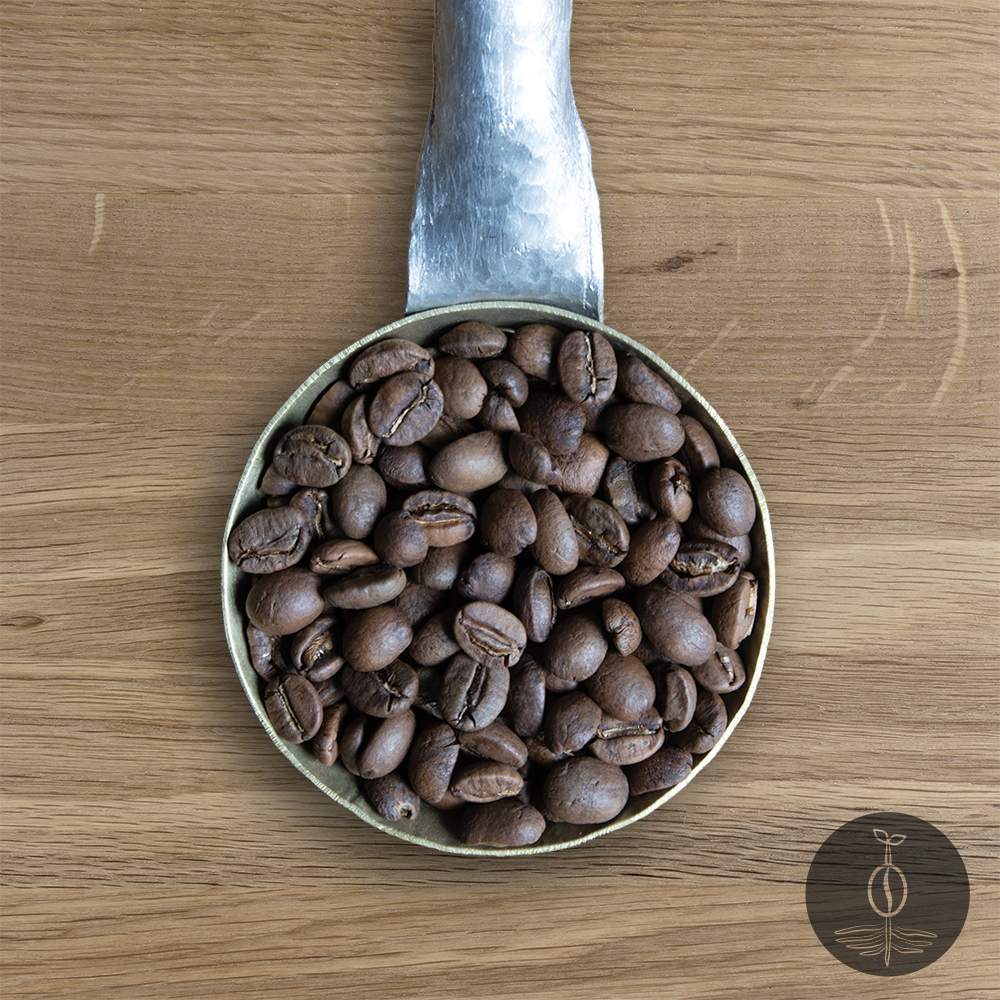
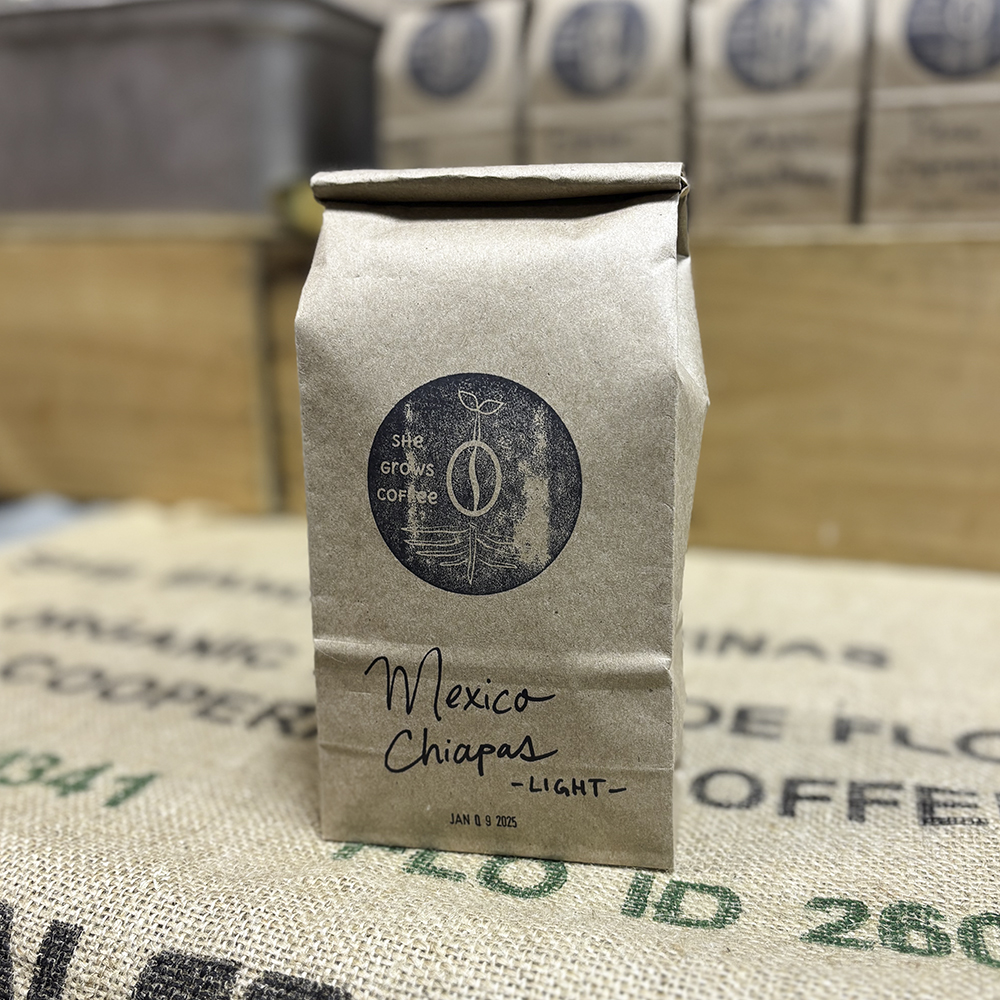
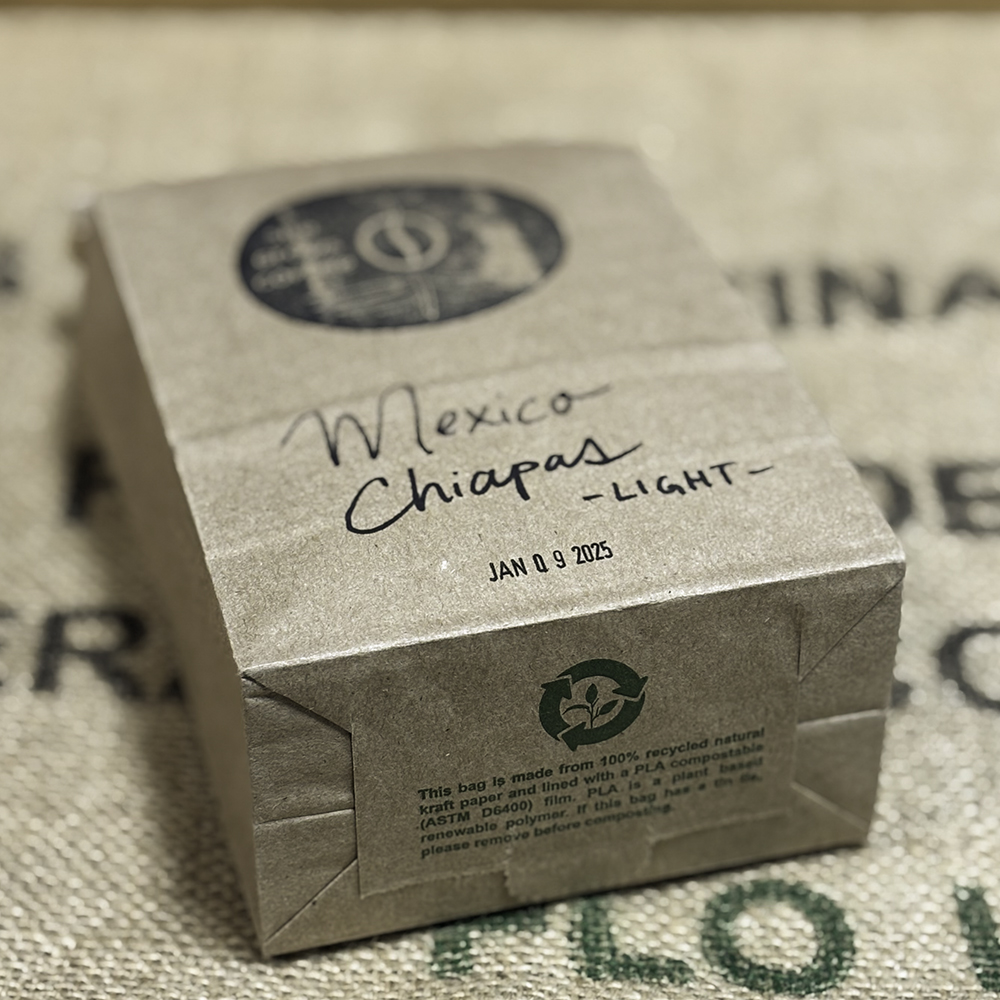
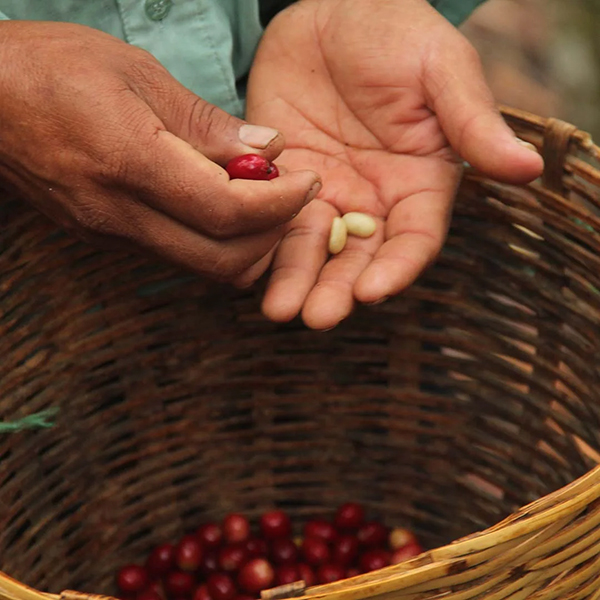
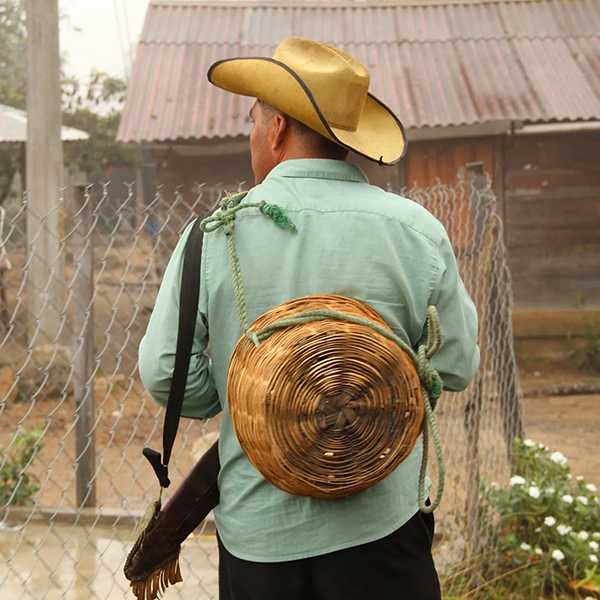


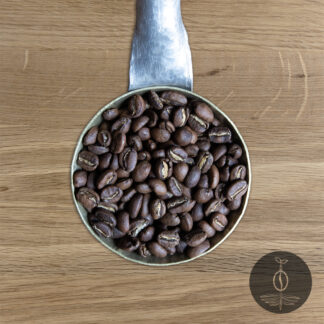


Reviews
There are no reviews yet.